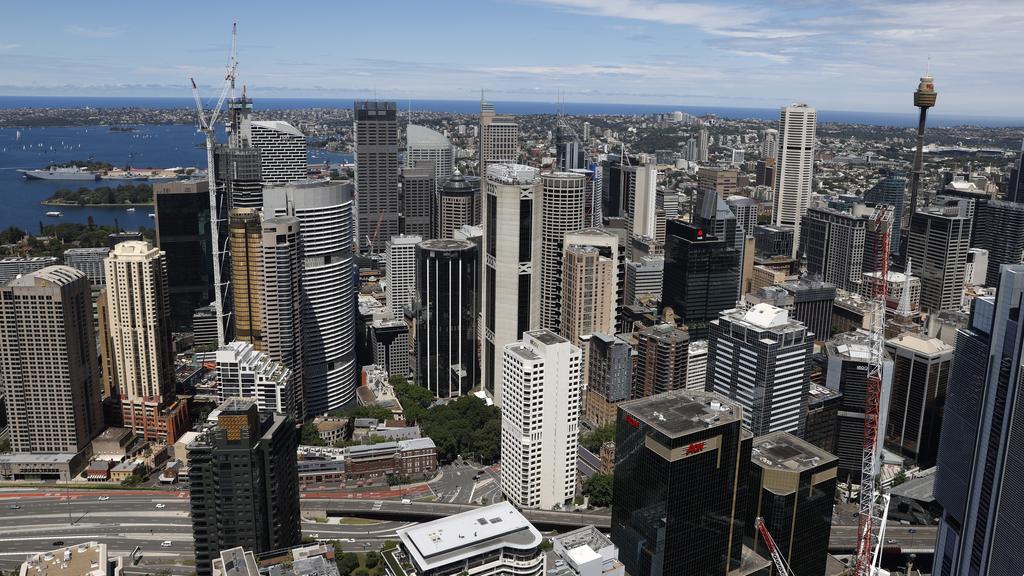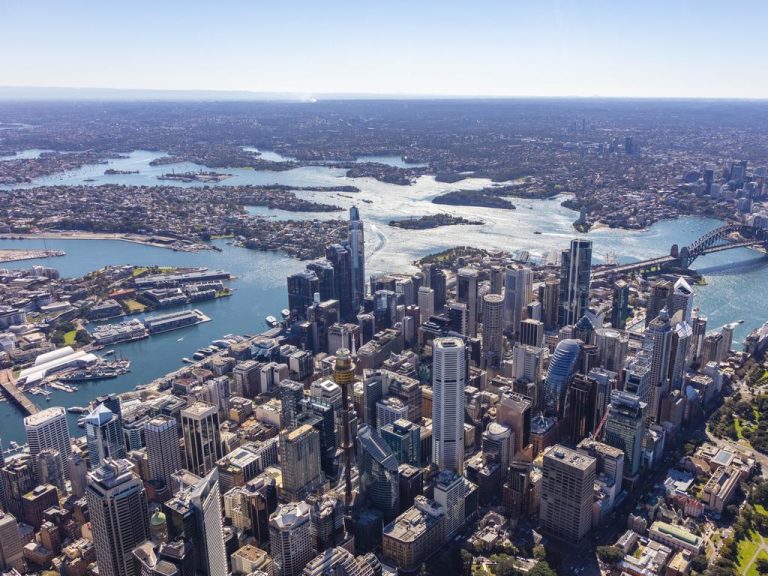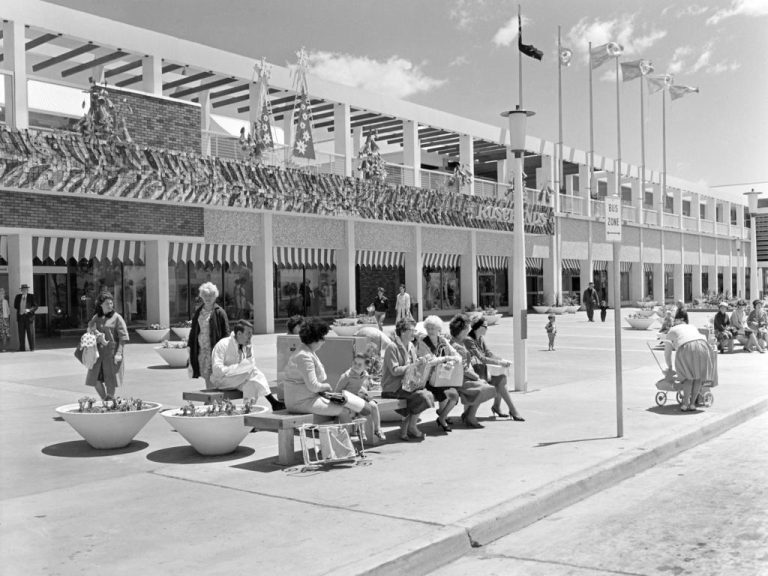US and Singapore buyers move on Australian commercial property

Established commercial property is proving most popular with foreign buyers, with a weighting towards Sydney and Melbourne. Picture: Jonathan Ng
Commercial assets have remained attractive to foreign buyers who are actively buying and selling despite economic headwinds emerging, including global inflation hikes and the upcoming federal election.
The latest statistics from the Foreign Investment Review Board’s annual report for 2020-21 found a 95.91 per cent increase over the year in applications to invest in Australian commercial real estate.
The number of approvals granted almost doubled to 862 from 440 the year prior, representing $82bn in commercial transactions (up from $32.87bn the year prior). It was the opposite trend to the residential market, with $10.4bn approved, down from $17.1bn the previous year.
The United States committed the highest amount of spend in Australian commercial assets ($20.8bn), followed by Singapore ($13.8bn), Germany ($7.6bn), Canada ($7.4bn) and China ($6.3bn).
The focus is on passive property assets rather than the development plays that once dominated when large companies were setting up branches in Australia and creating new stock.
Ray White head of research Vanessa Rader said a majority of recent purchases have been existing property, a change from the previous popularity of newly developed products. She expects anticipated interest rate rises to dampen activity among some groups, namely smaller investors and self managed super fund buyers.
“While this smaller end of the market may see a period of moderation back to more normalised levels of activity, the abundance of cash rich investors and larger trusts, funds, as well as offshore buyers’ deep pockets, will see the continued strong investment into commercial property this year,” Ms Rader said.
Commercial investment was largely directed towards the Sydney and Melbourne markets across all property sectors but with a particular skew towards offices, with few signs the uncertainty around CBDs and working from home is weighing on purchase decisions.
Ms Rader said this could be due to the attractive yields on offer compared to other international markets and strong future growth prospects.
Greater interest in the Queensland market has also emerged off the back of strong population growth and the announcement of the Olympics in 2032.







